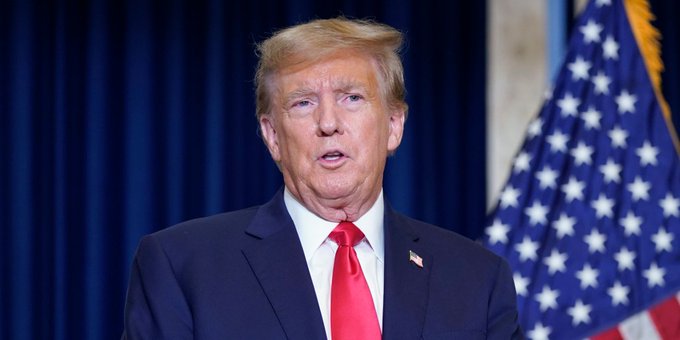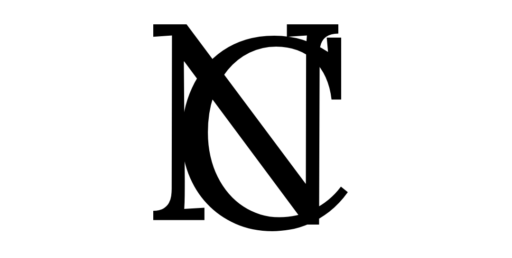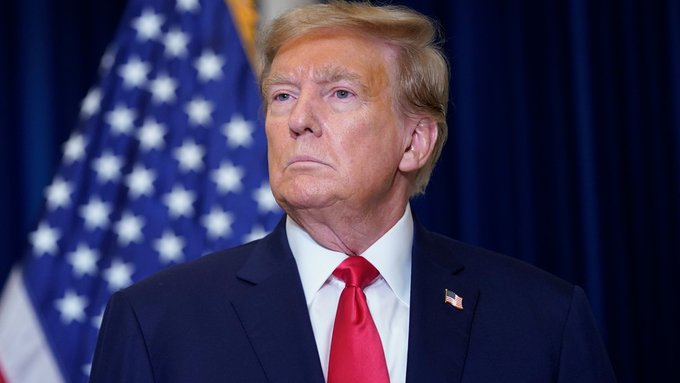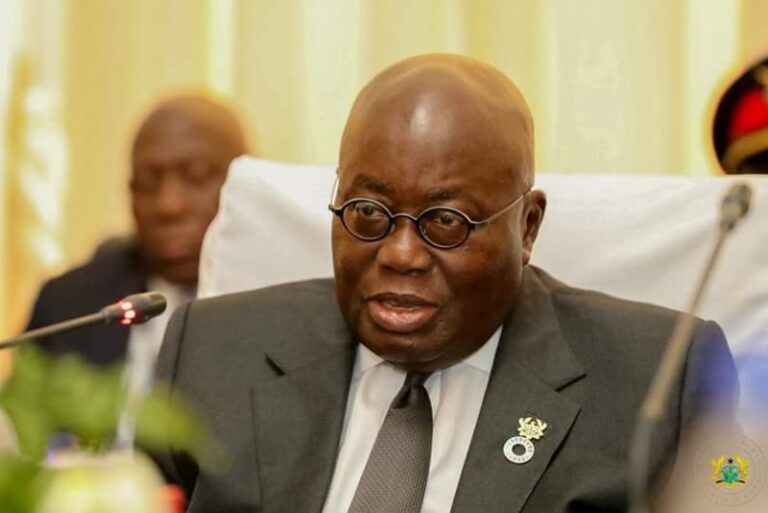Federal Appeals Court Rules Trump Not Immune from Criminal Prosecution in Election Manipulation Case
A United States federal appeals court has ruled that former President Donald Trump is not immune from criminal charges related to election manipulation during his presidency. The decision by a three-judge panel at the US Court of Appeals for the DC Circuit rejected Trump’s claim of immunity and his argument that he could only be prosecuted if convicted in a Senate impeachment trial.

The ruling is a major blow to Trump’s defense in the federal election subversion case brought against him by special counsel Jack Smith. The court categorically rejected Trump’s position that the actions he is accused of were part of his official duties as president, thereby shielding him from criminal liability.
The charges against Trump include conspiring to overturn the 2020 election results, recruiting false electors, spreading misinformation about election fraud, and encouraging supporters to obstruct the certification process, leading to the violent attack on the Capitol on January 6, 2021.
The court emphasized that the interest in criminal accountability outweighs the potential risks of chilling presidential action and permitting vexatious litigation. The judges stated, “We cannot accept former President Trump’s claim that a President has unbounded authority to commit crimes that would neutralize the most fundamental check on executive power — the recognition and implementation of election results.”
Trump’s legal team expressed disagreement with the decision and announced plans to appeal, potentially delaying the trial further. The ruling has far-reaching implications, as it challenges the notion of presidential immunity and opens the possibility of Trump standing in an unprecedented criminal trial.
The court rejected the argument that allowing prosecutions would lead to harassment of former presidents by opposing political parties, citing that this has not occurred with previous presidents. The judges pointed out that Trump’s alleged actions constitute “an unprecedented assault on the structure of our government,” justifying the need for criminal charges.
The ruling sets a Monday deadline for Trump to file a notice of appeal. If he appeals, the case may be prolonged, possibly extending beyond the 2024 presidential election. Legal experts suggest that an appeal to the Supreme Court is likely, although the court’s decision to hear the case is uncertain.
The development has sparked reactions from anti-Trump groups celebrating the decision, while Republicans on Capitol Hill have initiated efforts to defend the former president through a House resolution. The court’s decision could have significant implications for Trump’s presidential aspirations, as it challenges his immunity and raises the prospect of a leading presidential candidate standing trial, a situation unprecedented in U.S. history.








